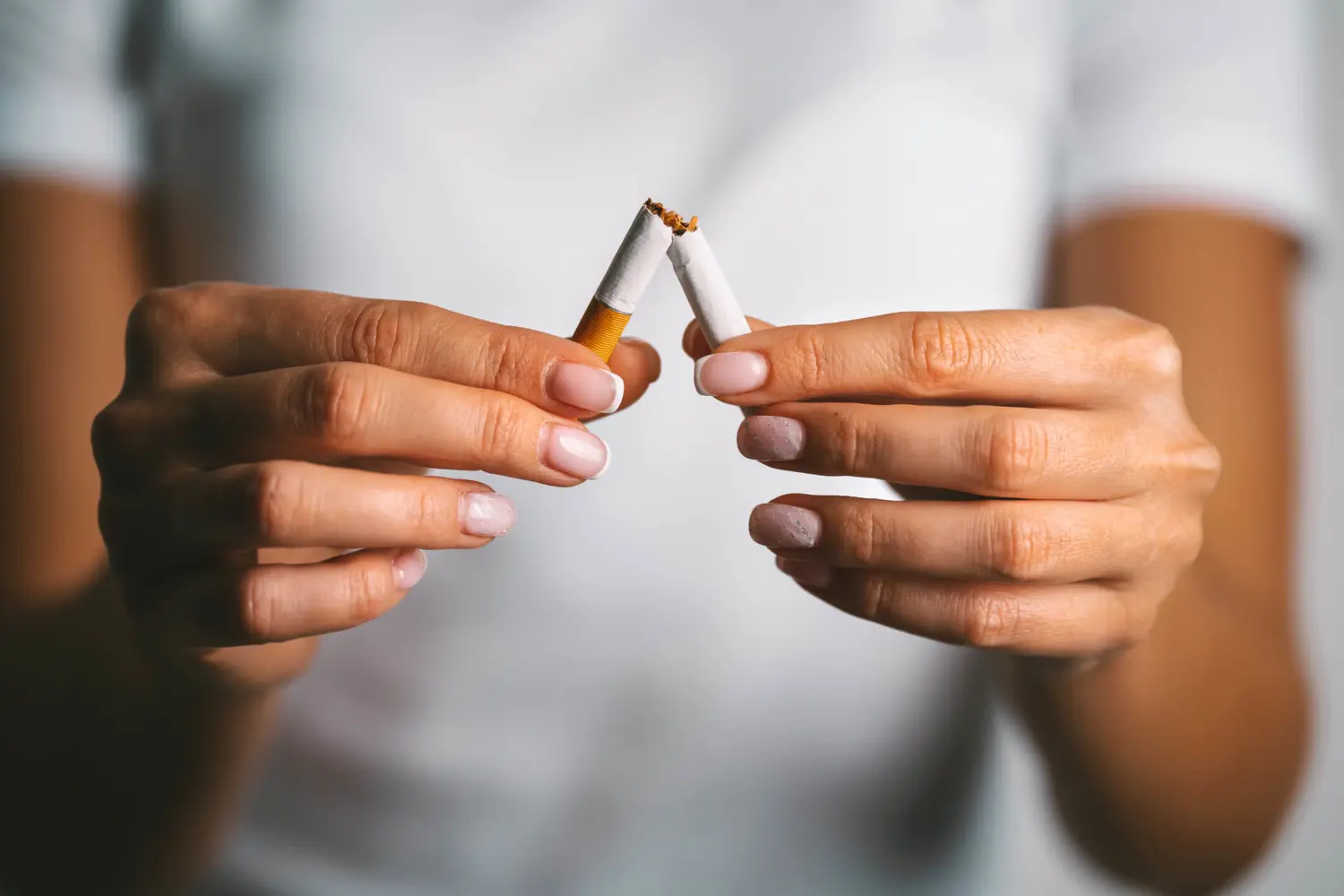Nicotine replacement therapy--or NRT--is one of the most common methods used to quit smoking. Nicotine is the psychoactive stimulant in cigarettes. This psychoactive effect is what people become addicted to. NRT involves the use of nicotine in forms other than cigarette smoking. This allows a patient to get a dose of the chemical without inhaling the dangerous substances that accompany nicotine in cigarettes.
Nicotine inhalers and nasal sprays are available via prescription in the United States. Both of these methods of administration are fast-acting, meaning that you will feel the effects of the nicotine within a few minutes of applying a dose. Follow your doctor's orders regarding how often you can use these products. Some side effects may occur. Talk to your health care provider if you begin to notice adverse reactions to these prescription treatment options.
In addition to prescription treatment, there are a wide variety of nicotine products available over the counter. This means that you can purchase them without the need of a prescription.
Common forms of OTC nicotine products include:
- Gum
- Lozenges
- Patches
These products may cause some side effects. Talk to your health care provider before starting treatment with any OTC nicotine replacement options. If these OTC products are not effectively curbing your urges, talk to your provider about increasing your dosage or switching to another form of NRT.

